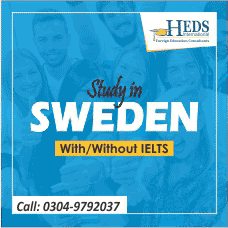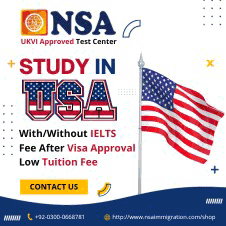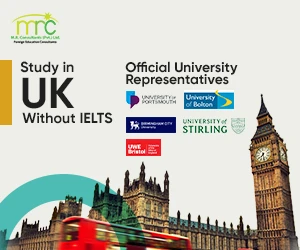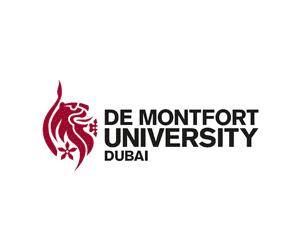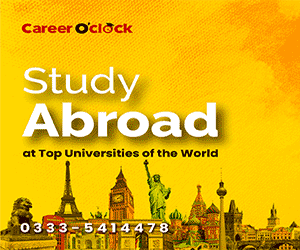
Singapore is one of the world's most prosperous island countries in Southeast Asia. It is located beyond the southern edge of the Malay Peninsula, right between Malaysia and Indonesia. Multiple languages are spoken and understood in Singapore however the official languages are English, Malay, Chinese, and Tamil. Singapore is the capital city of the country and its currency is the Singapore dollar (SGD).
Up-to-Date Education System
The Education system in Singapore is highly developed. Singapore is considered as one of the most expensive cities in the world, yet it is preferred as a study abroad destination for the high-quality education the country is rendering to both local and international students. The country, in fact, ranked 15 in the QS Best Student Cities in 2019. More than 75 thousand international students are currently studying in Singapore.
High-Ranked Universities with Globally Recognized Degrees
The two globally-known universities of Singapore are the National University of Singapore (NUS) and Nanyang Technological University (NTU). Both of these universities are listed on top in the QS World University Ranking.
Foreign University Campuses in Singapore
Moreover, many foreign universities have opened their campus in Singapore with or without collaborations. These include the US’s Massachusetts Institute of Technology Yale-NUS College and China’s Zhejiang University. is another international collaboration. Thus A recognized degree from Singapore means a gateway to reputed career around the world.
Tuition Grant Scheme
Singapore government is focusing on the betterment of international students. In this regard, the Tuition Grant Scheme was introduced by the Government to help international students through effective financial support. The Tuition Grant Scheme is currently assisting students enrolled for the full-time diploma or undergraduate courses in Singaporean Universities.
Scholarship Offers fOR International students
Besides this Tuition grant scheme, the country also offers valuable scholarships to eligible students. Some of these scholarships are in fact fully funded covering full tuition fees and most other expenses of the student.
Work While Study Options
Another way to support foreign students in Singapore is that international students can work while studying in Singapore. Many part-time jobs are available for students. However, these international students are restricted to work for 16 hours per session.
English Taught Courses in Singapore to Pakistani Students
The major reason to study in Singapore is the medium of instruction. Fortunately, the teaching language in Singapore is English. It is, in fact, obligatory to comply with the university’s English language requirements as part of the application process. This normally includes a score from the language proficiency test like IELTS or TOEFL.
Visa-Free Entryof Singapore
The best thing to study abroad in Singapore is the visa-free option. It means that if the student has applied at Singapore University and successfully received an acceptance, then the university itself completes all the visa formalities and the approval letter will act as an entry to Singapore.
Career Prospects
Singapore has a full-grown free-market economy. The economy is chiefly grown through the developments in information technology, pharmaceuticals and other financial dealings. The country is therefore considered by the World Bank as the easiest country to do business with. Singapore always welcomes investors and companies, therefore, giant multinational corporations have set up their chains in Singapore. This will lead to a wide range of employment opportunities for graduates and pass-outs
Familiar Environment
International students, especially from Asian countries, find a familiar atmosphere in Singapore as there are a lot of Pakistanis and Indian residing there. Singapore's multicultural society homes four ethnic groups: the Chinese, Malays, Indians and other minorities. Many religious followers are based in Singapore. Most of them follow Islam, Buddhism, Hinduism, and Christianity.



.gif)




